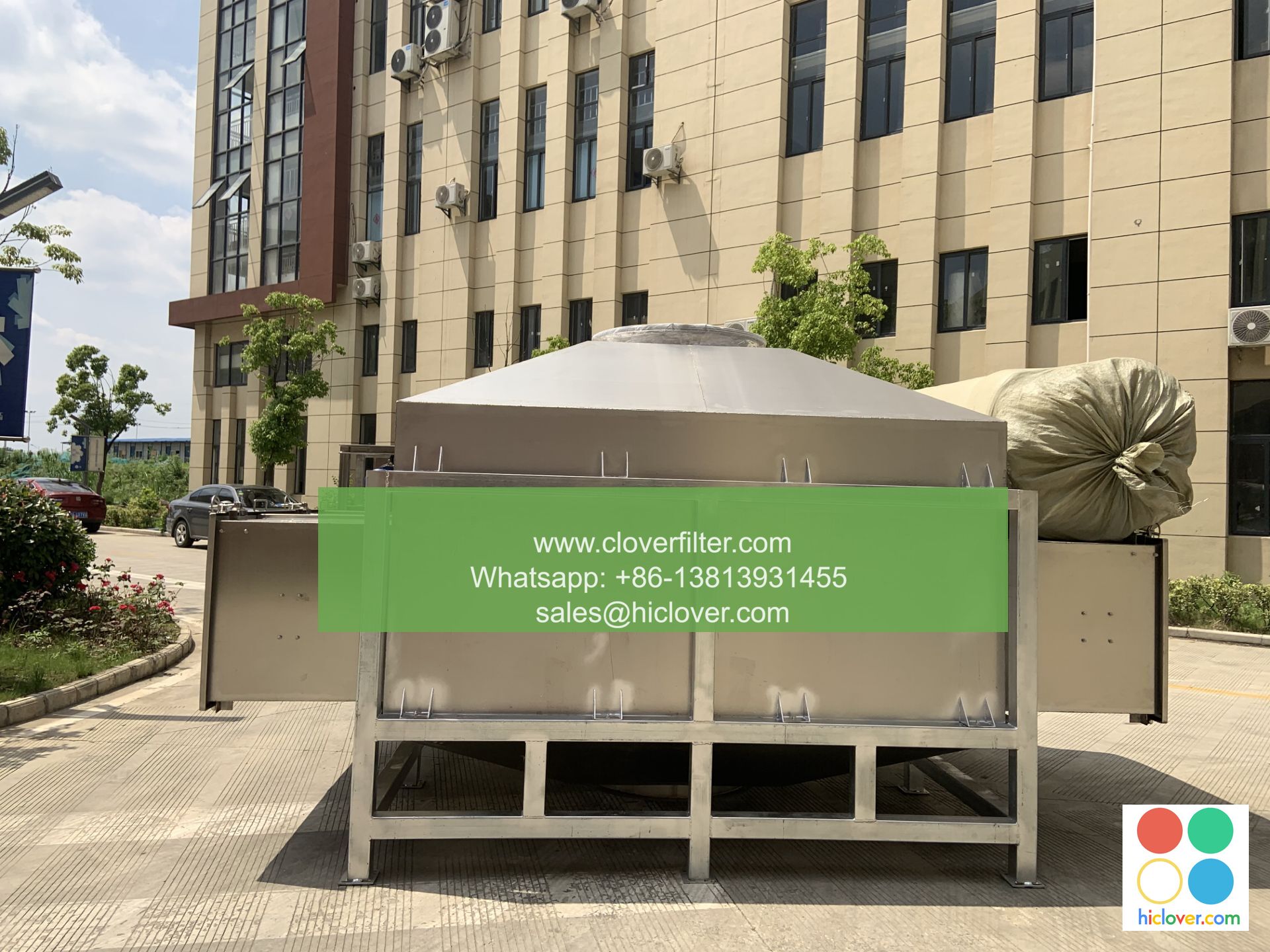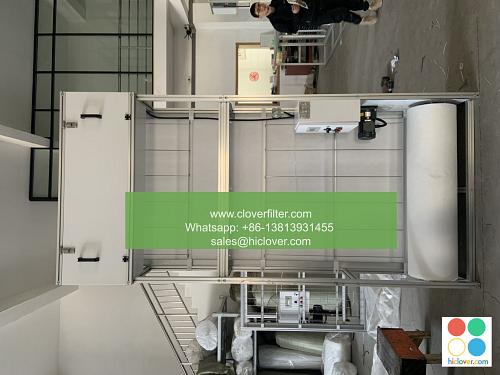The Importance of Air Filtration in Pharmaceutical Manufacturing

Pharmaceutical manufacturing involves the production of high-quality medicinal products that require precise control over the environment to prevent contamination. One crucial aspect of this control is air filtration, which plays a vital role in maintaining the cleanliness and purity of the products. In this article, we will discuss the importance of air purification systems in pharmaceutical manufacturing, highlighting various application areas and the benefits of using high-efficiency particulate air (HEPA) filters.
Contamination Control
Pharmaceutical products are highly susceptible to contamination, which can occur through various means, including airborne particles, microorganisms, and other contaminants. Airborne contamination can be particularly problematic, as it can carry a wide range of particles, including dust, pollen, and microorganisms, that can compromise the quality of the products. Air filtration systems are designed to remove these contaminants from the air, creating a clean and controlled environment for pharmaceutical manufacturing.
Regulatory Requirements
The pharmaceutical industry is subject to strict regulatory requirements, including those set by the Food and Drug Administration (FDA) and the International Organization for Standardization (ISO). These regulations require pharmaceutical manufacturers to maintain a high level of cleanliness and control over their production environment, including the use of air filtration systems. By using HEPA filters and other air purification technologies, pharmaceutical manufacturers can ensure compliance with these regulations and maintain the quality of their products.
Application Areas
Air filtration systems are used in various application areas in pharmaceutical manufacturing, including:
* Cleanrooms: Cleanrooms are controlled environments that require precise control over temperature, humidity, and air quality. Air filtration systems are used to maintain the cleanliness and purity of the air in these environments.
* Production areas: Production areas, such as those used for tablet manufacturing and injectable production, require air filtration systems to prevent contamination and ensure product quality.
* Research and development: Research and development areas, such as laboratories and testing facilities, also require air filtration systems to maintain a clean and controlled environment.
Benefits of HEPA Filters
HEPA filters are a type of air filter that is commonly used in pharmaceutical manufacturing. These filters are designed to capture 99.97% of particles as small as 0.3 microns, making them highly effective at removing contaminants from the air. The benefits of using HEPA filters include:
* Improved product quality: By removing contaminants from the air, HEPA filters can help to improve the quality of pharmaceutical products.
* Reduced risk of contamination: HEPA filters can help to reduce the risk of contamination, which can save pharmaceutical manufacturers time and money.
* Increased efficiency: HEPA filters can help to increase efficiency in pharmaceutical manufacturing by reducing the need for rework and improving overall productivity.
Conclusion
In conclusion, air filtration is a critical aspect of pharmaceutical manufacturing, playing a vital role in maintaining the cleanliness and purity of products. By using air purification systems, including HEPA filters, pharmaceutical manufacturers can ensure compliance with regulatory requirements, improve product quality, and reduce the risk of contamination. As the pharmaceutical industry continues to evolve, the importance of air filtration will only continue to grow, highlighting the need for effective air filtration solutions in various application areas.

